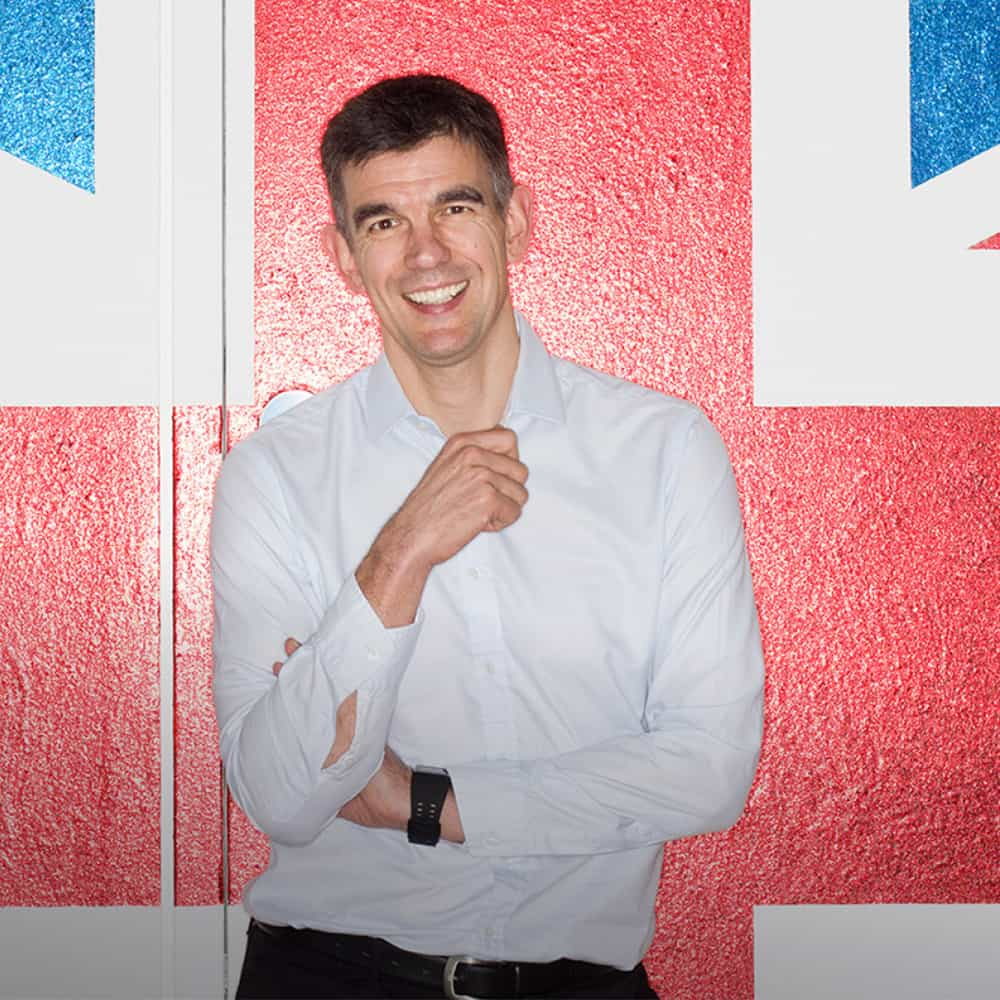In the modern days of technology, AI has become a fascinating subject. Not only that it can help humanity in more than several ways, as it can help humanity advance as a species.
AI can eliminate human error and risk in tasks that require precision, accuracy, and consistency, work 24/7 without getting tired or bored, make decisions without being influenced by emotions, analyze large amount of data, automate workflows by engaging in repetitive tasks, create new services to improve existing works.
These are just some of the advantages of using AI.
Google is one the pioneers in the AI field, and that it firmly believes that the technology is the future.
According to Matt Brittin, AI is indeed important.

According to the top Google executive to the BBC, AI technology is "too important not to get right."
This is because the technology has the potential for "huge breakthroughs" across industries.
Despite experiencing a "code red" alert from CEO Sundar Pichai when OpenAI introduced ChatGPT, and that Google's business model can be at stake if ever generative AI products can make people use chatbots instead of using Google Search, the company has bigger things in mind.
Brittin said AI can do a lot of things, meaning that it shouldn't focus on one specialty.
Google is too big for that, and too influential in way too many fields and industries, that it cannot neglect the fact that humanity in general is using its products for various things/
And this is why Brittin said that AI can help the sustainability and solutions for addressing bigger problems, like climate crisis
Google has been partnering with its AI arm, Google DeepMind, to research on ways to reduce energy consumption and costs in the tech giant's data centers.
"I joined the company in 2007, and that was the year we became carbon neutral - we became one of the world's biggest purchasers of renewables," Brittin said.
Of course, AI also has some disadvantages in terms of carbon emission.
Read: AI Is More 'Profound Than Electricity Or Fire': A 'Balance' Should Be Reached
On one side, AI can help reduce environmental damage and carbon emission by providing solutions for various challenges, such as climate change, biodiversity loss, pollution, waste management, and resource conservation. But on the other side, AI usage is also hurting the environment due to the amount of energy it requires to run complex algorithms and process large amounts of data.
For instance, training a large neural network can consume as much electricity as a small city.
There has been a long-running global debate about the risks and rewards of AI, and Google knows of the challenges.
This is why studies said that the AI sector's explosive growth is worrying, and that they suggest AI should be used only where absolutely necessary.
Therefore, it is important to balance the benefits and costs of AI for the environment and society.
Brittin was speaking as Google agreed a joint research partnership with the University of Cambridge.
"So this is a huge opportunity for us to do that," said Brittin.
Read: Microsoft Wants To Use 'Small Modular Nuclear Reactors' To Power Its AI-Related Data Centers